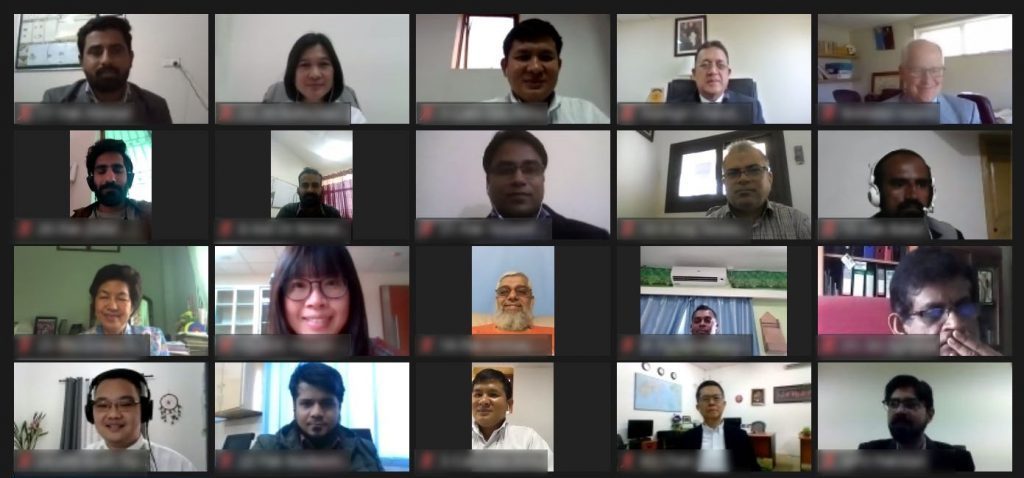
Select Page

Postharvest food losses and waste are major concerns affecting food security and safety. They reduce farmers’ and traders’ incomes and the actual volume of food that reaches consumers. Postharvest losses (PHLs) of horticultural crops are greater in developing countries and regions with warm climates. The major causes are inappropriate postharvest practices and poor infrastructure for transportation, storage, cooling, processing, and marketing. Many small-scale farmers lack access to postharvest cooling equipment; covered, cooled grading, sorting, and packing areas; refrigerated short-term storage; and packing and loading facilities. Insufficient R&D on postharvest management and poor understanding of advanced postharvest technologies are other impediments. Reducing PHLs can contribute significantly to meeting the UN Sustainable Development Goals (SDGs), particularly SDG 1 (reduction of poverty) and SDG 2 (zero hunger), in APO member countries.
To broaden participants’ understanding and skills in utilizing advanced postharvest models for horticultural crops in their countries while providing opportunities for networking and sharing of best practices, the National Productivity Organization (NPO) of Pakistan partnered with the APO to organize the workshop on Advanced Postharvest Technology for Horticultural Crops via virtual sessions from 1 to 3 December. Twenty-nine participants from 11 countries as well as three resource persons from Malaysia, New Zealand, and the Philippines and two local experts attended. NPO Head and CEO Muhammad Alamgir Chaudhry addressed the opening and closing sessions.
The resource persons presented different perspectives on postharvest losses and wastage in the horticultural sector, innovative cost-effective postharvest technologies for small and medium farms and enterprises, modern logistics management in horticultural supply chains, cold chain and logistics services for small farmers to reduce PHLs, applications of digital technology in postharvest handling, controlled atmosphere storage technology for horticultural products, and policies and institutional settings for promoting the adoption of advanced postharvest technologies. The participants were divided into four groups and given specific work assignments on postharvest issues related to the COVID-19 pandemic and strategies to cope with and overcome it. After detailed group discussion sessions, their results were reported on the final day of the workshop.
Pakistan participant Prof. Dr. Ishtiaq Ahmad Rajwana found the virtual workshop an excellent opportunity to interact with people from different countries and learn about their experiences during this challenging time, particularly from the perspectives of postharvest management, utilization of effective technologies, and distribution.
Expert from the Philippines Marc Anthony Dumlao Dizon enjoyed his first assignment as an APO resource person. He evaluated the topic itself as very relevant during the current pandemic since supply chains, especially for perishables, had been disrupted in many ways. Dizon hoped to be involved in future APO projects on similar topics.